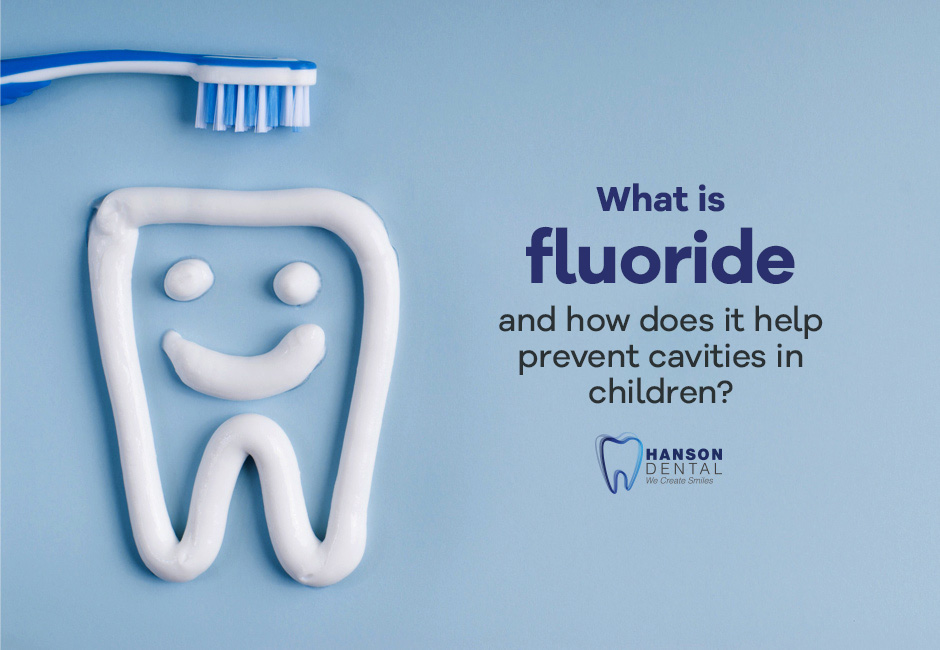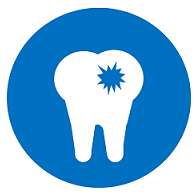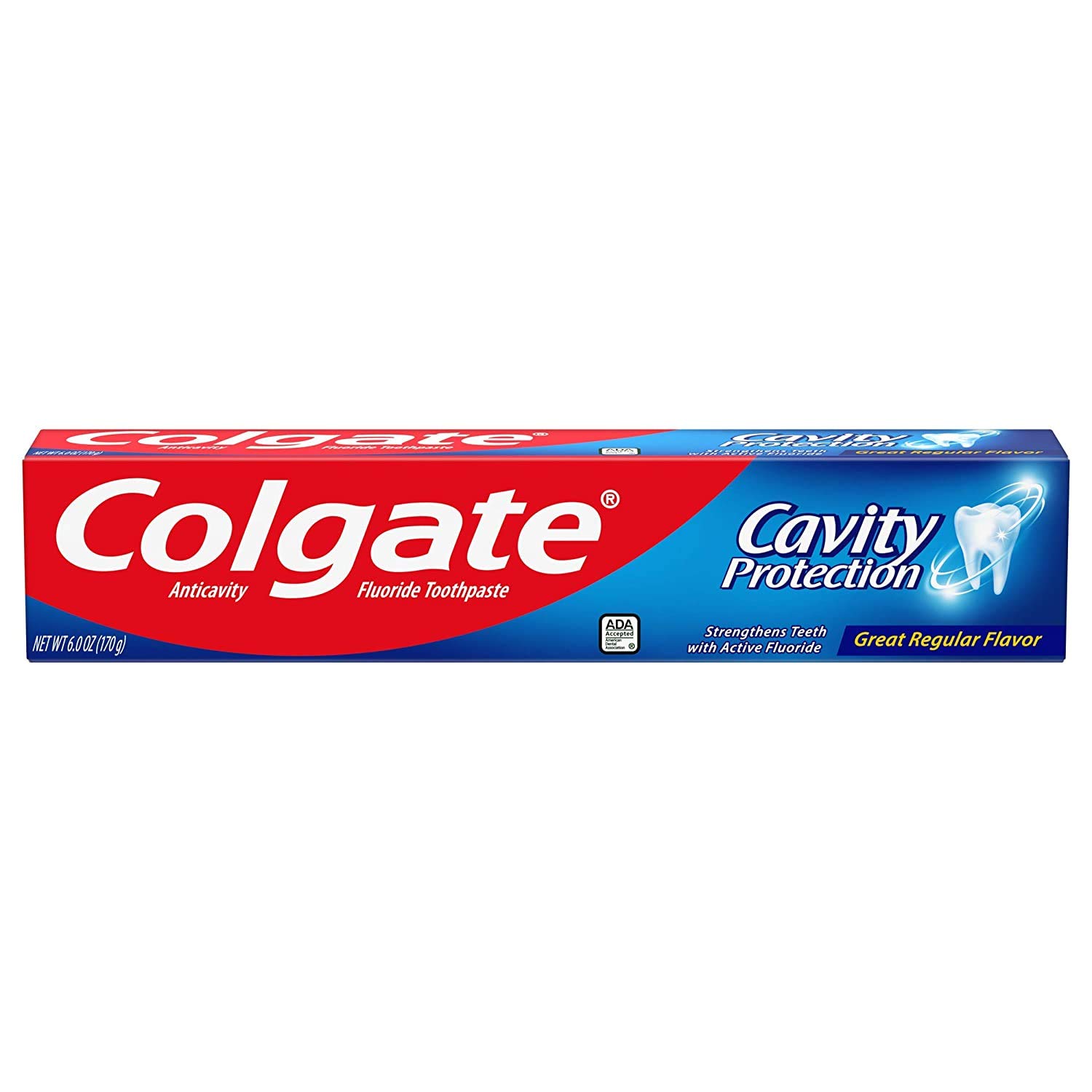Introduction
Fluoride has been a topic of debate for many years, with conflicting information and opinions circulating about its safety and effectiveness. In this blog post, we aim to shed light on the truth about fluoride and its role as your ally in cavity prevention. Understanding the facts about fluoride is crucial for maintaining good oral health and making informed decisions about your dental care.
What is Fluoride?
Fluoride is a naturally occurring mineral that is found in water, soil, and various foods. It is known for its ability to prevent tooth decay and is commonly added to toothpaste, mouthwash, and community water supplies.
How Does Fluoride Prevent Cavities?
Fluoride works in two ways to prevent cavities. Firstly, it strengthens tooth enamel, which is the outer layer of the tooth. This makes the enamel more resistant to acid attacks from bacteria and sugars in the mouth. Secondly, fluoride can reverse early stages of tooth decay by enhancing the remineralization process, where minerals such as calcium and phosphate are deposited back into the enamel.
Fluoride and Community Water Supplies
One of the most effective ways to ensure that everyone receives the benefits of fluoride is through community water fluoridation. This process involves adjusting the fluoride levels in public water supplies to an optimal concentration that is safe and effective in preventing tooth decay. Community water fluoridation has been recognized as a safe and cost-effective public health measure by various organizations, including the World Health Organization and the American Dental Association.
Fluoride in Toothpaste and Mouthwash
Fluoride toothpaste is widely recommended by dental professionals for daily oral hygiene. When used as directed, fluoride toothpaste helps to remove plaque, strengthen enamel, and prevent cavities. It is important to use a pea-sized amount of toothpaste for children to minimize the risk of fluorosis, a cosmetic condition that can occur due to excessive fluoride ingestion during tooth development.
Mouthwash containing fluoride can also be beneficial in preventing cavities, especially in areas that lack fluoridated water. It provides an additional layer of protection by rinsing away bacteria and strengthening tooth enamel.
Fluoride Supplements

In some cases, fluoride supplements may be recommended by a dentist or pediatrician for individuals who are at high risk of tooth decay and do not have access to fluoridated water. These supplements are available in the form of drops, tablets, or lozenges and should only be taken under professional guidance to ensure the correct dosage.
Summary
Fluoride is a naturally occurring mineral that has been proven to be highly effective in preventing tooth decay and cavities. It works by strengthening the enamel, the protective outer layer of your teeth, making them more resistant to acid attacks from bacteria and sugary foods. Numerous scientific studies have shown that communities with fluoridated water have significantly lower rates of tooth decay compared to those without fluoride in their water supply.
Despite the overwhelming evidence supporting the benefits of fluoride, there are still misconceptions and concerns surrounding its use. Some argue that fluoride can be harmful if consumed in excessive amounts, leading to a condition called fluorosis, which causes white spots or streaks on the teeth. However, fluorosis is primarily a cosmetic issue and occurs only in cases of extreme overexposure to fluoride, such as ingesting large amounts of toothpaste.
It is important to note that the fluoride levels in public water supplies and dental products are carefully regulated to ensure they are safe and effective. Dentists and public health organizations worldwide endorse the use of fluoride as a vital tool in preventing tooth decay and maintaining good oral health.
In this blog post, we will address common concerns and myths about fluoride, discuss its benefits, and provide practical tips on how to incorporate fluoride into your oral hygiene routine. By understandi have a peek at this site ng the truth about fluoride, you can make informed decisions about your dental care and take advantage of this powerful ally in cavity prevention.
- Q: What is fluoride?
- A: Fluoride is a naturally occurring mineral that is found in water, soil, and various foods.
- Q: How does fluoride prevent cavities?
- A: Fluoride helps prevent cavities by strengthening the tooth enamel, making it more resistant to acid attacks from plaque bacteria and sugars in the mouth.
- Q: How can I get fluoride?
- A: You can get fluoride through fluoridated water, toothpaste, mouth rinses, and professional fluoride treatments at the dentist’s office.
- Q: Is fluoride safe?
- A: Yes, fluoride is safe when used in appropriate amounts. It has been extensively studied and endorsed by major health organizations for its cavity prevention benefits.
- Q: Can fluoride be harmful?
- A: While fluoride is generally safe, excessive intake of fluoride can lead to dental fluorosis, a cosmetic condition that affects the appearance of tooth enamel. However, this is rare and usually only occurs with high fluoride levels during tooth development.
- Q: Can fluoride be used by everyone?
- A: Fluoride can be used by people of all ages, including children and adults. However, it is important to use fluoride products in appropriate amounts based on age and individual needs.
- Q: How much fluoride is recommended?
- A: The recommended amount of fluoride varies depending on age and risk of tooth decay. Generally, a pea-sized amount of fluoride toothpaste is sufficient for children, while adults can use a regular amount. Dentists may also provide fluoride treatments based on individual needs.
- Q: Can fluoride be ingested?
- A: Fluoride can be ingested through fluoridated water and foods. Ingested fluoride also provides systemic benefits by strengthening developing teeth and making them more resistant to cavities.
- Q: Can fluoride be used during pregnancy?
- A: Yes, fluoride can be used during pregnancy. It is safe and beneficial for both the mother’s and baby’s dental health. However, it is important to use fluoride

Welcome to my website! My name is James Gertrude, and I am a dedicated professional in the field of Gum Disease Prevention. With years of experience and a passion for oral health, I am committed to helping individuals maintain healthy smiles and prevent dental issues.

